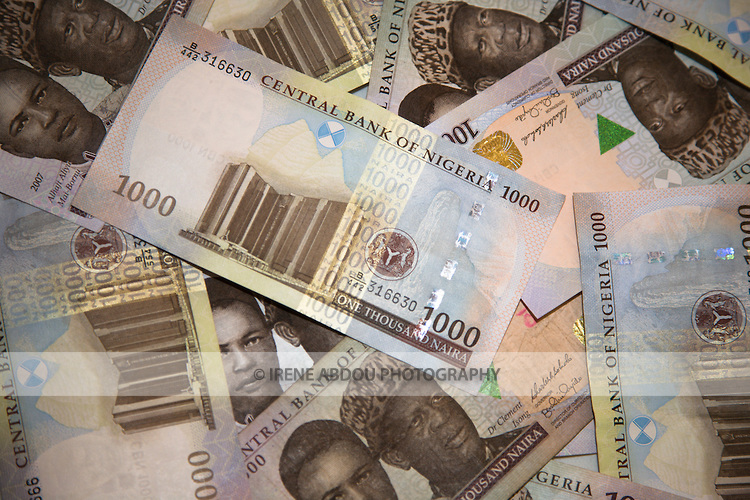- Domestic Debt Servicing Gulps N3.72tn in Three Years
The Federal Government has spent a total of N3.72tn to service local debts in the past three years, statistics available from the Debt Management Office have shown.
According to latest statistics made available by the DMO, the Federal Government spent a total of N1.48tn on actual debt servicing in 2017.
With N1.23tn and N1.02tn spent on domestic debt servicing in 2016 and 2015, respectively, these add to a total of N3.72tn in the last three years.
Among the various instruments that the Federal Government used to borrow from the domestic debt market, the highest interest was paid on the FGN Bonds.
In 2017, for instance, the Federal Government paid N982.66bn on the FGN Bonds. A total of N445.13bn was paid on Nigerian Treasury Bills; N22.99bn was paid on Treasury Bonds; while N25bn of the principal was repaid. An interest of N442bn was paid on Savings Bonds.
The Federal Government has been spending considerable resources in recent times on the servicing of domestic debts, thereby raising questions of the sustainability of the country’s debt burden.
However, the Federal Government has insisted that the nation’s debt burden is sustainable since it is less than 20 per cent of the country’s Gross Domestic Product although less revenues have made the payment of interest burdensome.
This has motivated the government to move towards foreign borrowing since such loans attract less interest payment.
A recent statement released by the DMO put the country’s total debt profile at N21.73tn.
The DMO said the composition of the debt stock as of the end December 2017 showed that external debt was 26.64 per cent of the portfolio, up from 20.04 per cent in 2016, while domestic debt was 73.36 per cent, down from 79.96 per cent a year earlier.
Further analysis showed that the domestic debt for the Federal Government was N12.59tn, while that of the states and the Federal Capital Territory was N3.35tn.
The external debt of the Federal Government, states and the FCT was N5.79tn. This puts the total public debt as of December 31, 2017 at N21.73tn.
According to the DMO, restructuring of the country’s debt mix has led to an increase in foreign debts in order to minimise the high interest rate on local debts.
The DMO stated, “The key benefits of the restructuring of the portfolio are the reduction of the government’s debt service costs, lowering of interest rates in the domestic market and improved availability of credit facilities to the private sector.
“We repaid N198bn Nigerian Treasury Bills in December 2017 with the proceeds of Eurobond issuances, and we have continued further implementation of the strategy in 2018, with the issuance of the S2.5bn Eurobonds in February 2018, the proceeds of which are being used to repay maturing domestic debts, starting with N130bn NTBs repaid on March 1, 2018.”
According to the DMO, the borrowings are for financing capital expenditure and stimulating the economy.
The funds injected through the borrowings strongly supported the implementation of the Federal Government’s budget, which helped the country to exit recession in 2017, the DMO said.
It added that the total public debt as of December 31, 2017 represented 18.2 per cent of Nigeria’s GDP for the year.
This showed that Nigeria’s debt had continued to be sustainable and was well within the threshold of 56 per cent for countries in her peer group, the DMO said.


 Forex3 weeks ago
Forex3 weeks ago
 Naira3 weeks ago
Naira3 weeks ago
 Billionaire Watch3 weeks ago
Billionaire Watch3 weeks ago



 Naira3 weeks ago
Naira3 weeks ago






 Naira2 weeks ago
Naira2 weeks ago




 Naira2 weeks ago
Naira2 weeks ago




 Naira4 weeks ago
Naira4 weeks ago






 Naira1 week ago
Naira1 week ago























